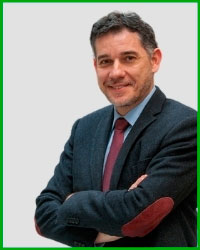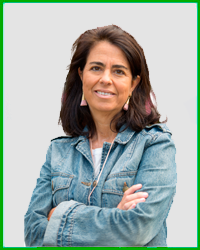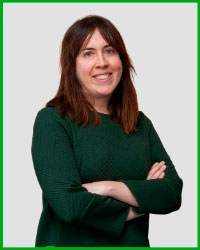Digital environment. Research. Strategy 2025. University of Navarra
PRESENTATION
Communication, in its various public and private forms, is undergoing a profound transformation in recent years as a result of digitalisation. Emerging forms of digital communication have proven to have a significant impact on citizens, not only by influencing plenary session of the Executive Council all spheres of public life, but also by facilitating their participation.
The strategic line 'Society and communication in the digital environment' studies the phenomena, processes and effects of Digital Communicationin its multiple dimensions: social, political, economic and cultural.

Analyse the challenges and opportunities which raises the digitisation of communicationscovering some of the most topical issues.

To seek, from approaches and methodologies specific to the Social Sciences and the
Social Sciences and Humanities, innovative models,
sustainable and socially just models.
The lines of workof 'Society and communication in the digital environment' are:
-
Disinformation and information disorders
-
Media literacy
-
Digital media ecosystem
The strategic line 'Society and Digital Communication' is composed of more than 60 researchers from various Centers and Schools. Since its launch in 2020, it has resulted in more than 200 scientific publications.
A good part of these programs of study have been carried out at framework del project IberifierIberifier, an Iberian digital media observatory promoted by the European Commission, based at the University of Navarra. It is an alliance of universities, verifiers and research European centers to combat disinformation in Spain and Portugal.
Underway since 2021, the Iberifier observatory (2021-2024, 2024-2026) is led by Ramón Salaverría, Full Professor of Journalism at the University of Navarra. It is made up of a hundred researchers, journalists and computer experts, distributed among 25 institutions in Spain and Portugal.
The University also runs the project ReMeD - Resilient average for Democracy in the Digital Age (2023-2026). Coordinated by Professor Mercedes Medina, from the School of Communication, this project of the European Commission's Horizon Europe program addresses the challenges for a healthy relationship between media and democracy, adopting a bold approach to improve the relationship between citizens, media and digital technologies.
In the framework of the strategic line 'Society and Digital Communication', several researchers coordinate or participate in other national and European projects. Together, they are producing cutting-edge analyses on the transformation of the digital ecosystem of communication and its impact on social phenomena.
SCIENTIFIC COORDINATION

Ramón Salaverría
Schoolof Communication
rsalaver@unav.es
948 425 600 Ext: 802836

Mercedes Medina
School of Communication
mmedina@unav.es
948 425 600 Ext: 802352

Ruth Breeze
Institute for Culture and Society
rbreeze@unav.es
948 425 600 Ext: 803425
03 | 03 | 2025
Time to Share brings together experts to discuss the impact of digitization on communication and society
28 | 06 | 2023
ICS and Cima will coordinate research networks on conflict mediation and cancer with grants from the Ministry of Science and Innovation.
14 | 06 | 2023
Journalistic brands are adapting to a new market where the challenge of trust coexists with the popularity of new channels, formats and referents.
ImagenManuel Castells
03 | 04 | 2023
The European project ReMeD to strengthen democracy from the media starts its activity in Pamplona
ImagenManuel Castells
03 | 03 | 2023
European project offers online resources to foster faculty 's critical thinking skills in the face of fake news about minorities and migrants
ImagenManuel Castells
ODS
The SDGs, adopted globally, chart the way forward to end poverty, protect the planet and work towards peace and prosperity for people.
The project'Society and Digital Communication' wants to contribute especially to the objectives "Educationof quality", "Reduction of inequalities", "Production and consumption manager", "Peace, justice and strong institutions" and "Partnerships to achieve the goals".
![]()
![]()
![]()
![]()
![]()
INDICATORS
- Academic output on the SDGs.




